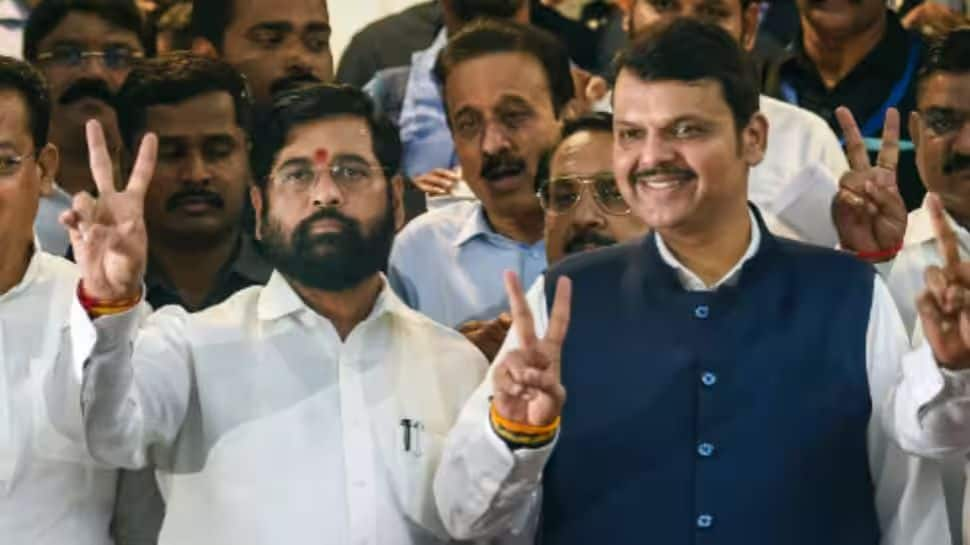The Mahayuti alliance, comprising the Bharatiya Janata Party (BJP), Ajit Pawar’s faction of the Nationalist Congress Party (NCP), and Eknath Shinde’s Shiv Sena, achieved a decisive victory in the Maharashtra Assembly elections.
Despite this electoral triumph, a fierce power struggle has emerged within the alliance, overshadowing celebrations. The battle is primarily over the coveted position of Chief Minister, with each party vying for influence.
The alliance secured 232 seats out of the 288 available in the Maharashtra Assembly, securing a commanding majority.
The BJP emerged as the largest party with 132 seats, consolidating its dominant position in the state. In contrast, the opposition Maha Vikas Aghadi (MVA), composed of the Congress, NCP (Sharad Pawar faction), and Uddhav Thackeray’s Shiv Sena, faced a significant defeat, capturing only 49 seats.
Power Struggle Over the Chief Minister’s Post
Despite the alliance’s overwhelming success, a contentious power struggle has erupted over who should occupy the Chief Minister’s seat. The BJP, as the largest party within the alliance, has laid a strong claim to the position, arguing that its electoral performance justifies leadership.
With an impressive 89% strike rate and surpassing its 2014 performance, the BJP sees the mandate as an endorsement of its leadership, particularly for the post of Chief Minister.
BJP’s Strategy and Fadnavis’ Role
The BJP’s claim to the Chief Minister’s post aligns with the party’s long-term strategy for the 2029 elections, aiming to strengthen cadre morale and ensure effective governance.
According to sources, the BJP leadership favors Devendra Fadnavis for the role, citing his administrative experience and governance credentials as essential for ensuring stability in the coalition government. Fadnavis, who served as Chief Minister earlier, is seen as a stabilizing force in the alliance.

